Retinol vs. Retinal: Which Is Better?
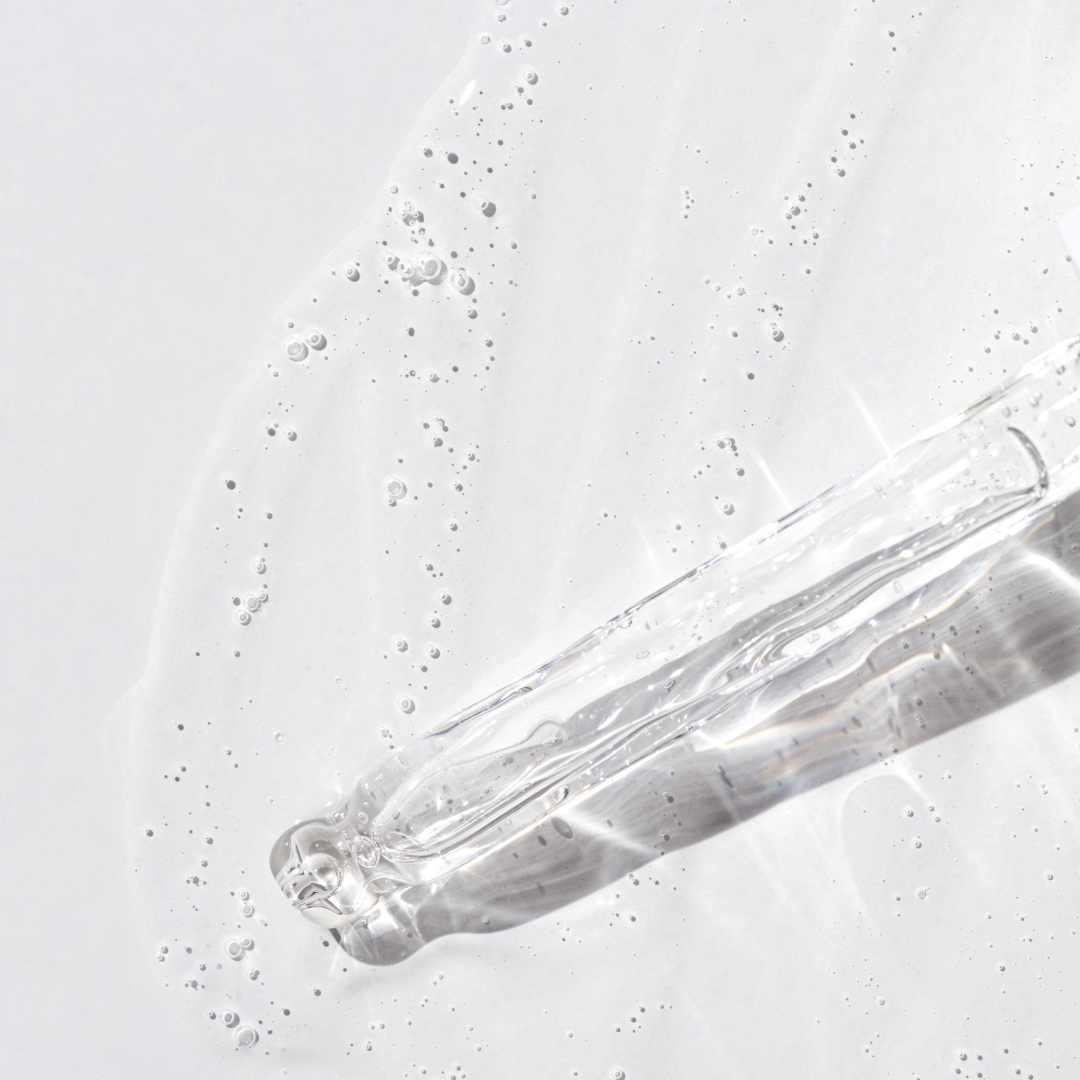
Both retinol and retinal have become household names within the skincare community, however, they’re often easily mistaken for one another. A question everybody seems to be asking, retinol vs. retinal and which one is better?
Retinol and retinal are both forms of vitamin A that are commonly found in skincare products. While they are related, there are some key differences between the two in terms of potency, effectiveness and accessibility.
- What is Retinol?
- What is Retinal?
- Retinol vs. Retinal: Which is Better?
- Best Retinol Products on Amazon
- Best Retinal Products on Amazon
- Side Effects of Using Retinol and Retinol
What is Retinol?
Retinol, also known as vitamin A1 alcohol, is a precursor to retinaldehyde and retinoic acid, which are the active forms of vitamin A in the skin.
When applied on the skin, retinol undergoes conversion in the skin into retinaldehyde and then further into retinoic acid, which is the form that directly interacts with skin cells to provide its benefits.
Retinol is commonly used in over-the-counter skincare products and is known to stimulate collagen production, promote cell turnover, and improve the appearance of fine lines, wrinkles, and uneven skin tone.
However, it can take some time for the skin to convert retinol into its active form, and it may cause irritation or sensitivity in some individuals, especially at higher concentrations.
What is Retinal?
Retinal, also known as retinaldehyde, is a more direct precursor to retinoic acid compared to retinol.
This means that it undergoes less conversion in the skin before becoming active, making it more potent and potentially more effective than retinol.
Retinal is often found in prescription-strength skincare products or in higher-end, medical-grade formulas. It offers similar benefits to retinol, including stimulating collagen production, increasing cell turnover, and improving the appearance of aging skin.
However, because it is more potent, it may also be more irritating to the skin, especially for those with sensitive skin or those who are new to using retinoids.
Retinol vs. Retinal: Which is Better?
Determining whether retinol or retinal is better depends on a number of factors, including individual skin concerns, tolerance levels, and personal preferences.
Both retinol and retinal are forms of vitamin A which offer anti-aging benefits that can improve the overall appearance of your skin. However, they differ in potency and potential for irritation, which can impact their effectiveness for different people
Retinal (retinaldehyde) is more potent than retinol and requires less conversion in the skin before becoming active. This means that it may provide more noticeable results in a shorter amount of time compared to retinol.
If you have sensitive skin, or if you’re not yet used to using retinoids, retinal can be more likely to cause irritation or sensitivity.
On the other hand, retinol is less potent than retinal and requires more conversion in the skin before becoming active. While it may take longer to see results compared to retinal, retinol is generally considered to be gentler and may be preferable to people with more sensitive skin.
Retinol is also more widely available in over-the-counter skincare products, making it a more accessible option for many people.
So, the question still is: retinol vs. retinal?
Ultimately, the choice between retinol and retinal comes down to you, your personal preference and your skincare needs. Some people prefer the faster results that retinal can offer, while others may prioritize the gentleness and accessibility of using retinol instead.
What To Consider Before Using Retinol and Retinal
When it comes to any retinoid, it’s important to slowly incorporate them into your skincare routine and to asses your skin for any signs of irritation, sensitivity, or redness they may cause.
It’s also worth noting that both retinol and retinal can be more effective when used with other skincare ingredients, such as moisturizer and sunscreen.
If you need professional help in picking whether to go with retinol vs. retinal, a dermatologist is someone who can assess your skin and pick which retinoid is best to add into your skincare routine.
Best Retinol Products on Amazon
RoC Retinol Correxion Deep Wrinkle Night Cream
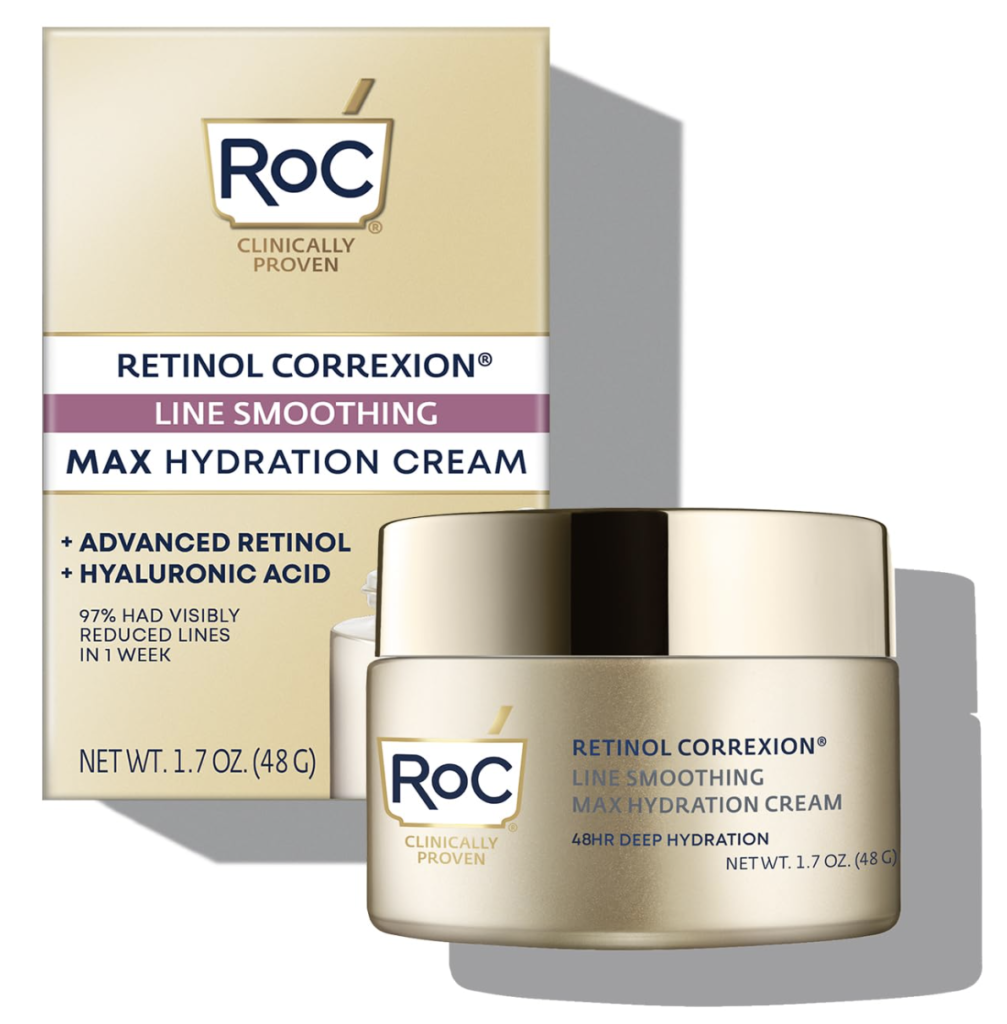
- This retinol night cream by RoC is formulated to target deep wrinkles and improve the appearance of fine lines and crow’s feet.
- It contains a high concentration of retinol and is designed to be used at night to maximize effectiveness while minimizing the risk of sun sensitivity.
- The formula is oil-free and non-comedogenic, making it suitable for most skin types, including oily and acne-prone skin.
Neutrogena Rapid Wrinkle Repair Retinol Anti-Wrinkle Face Cream
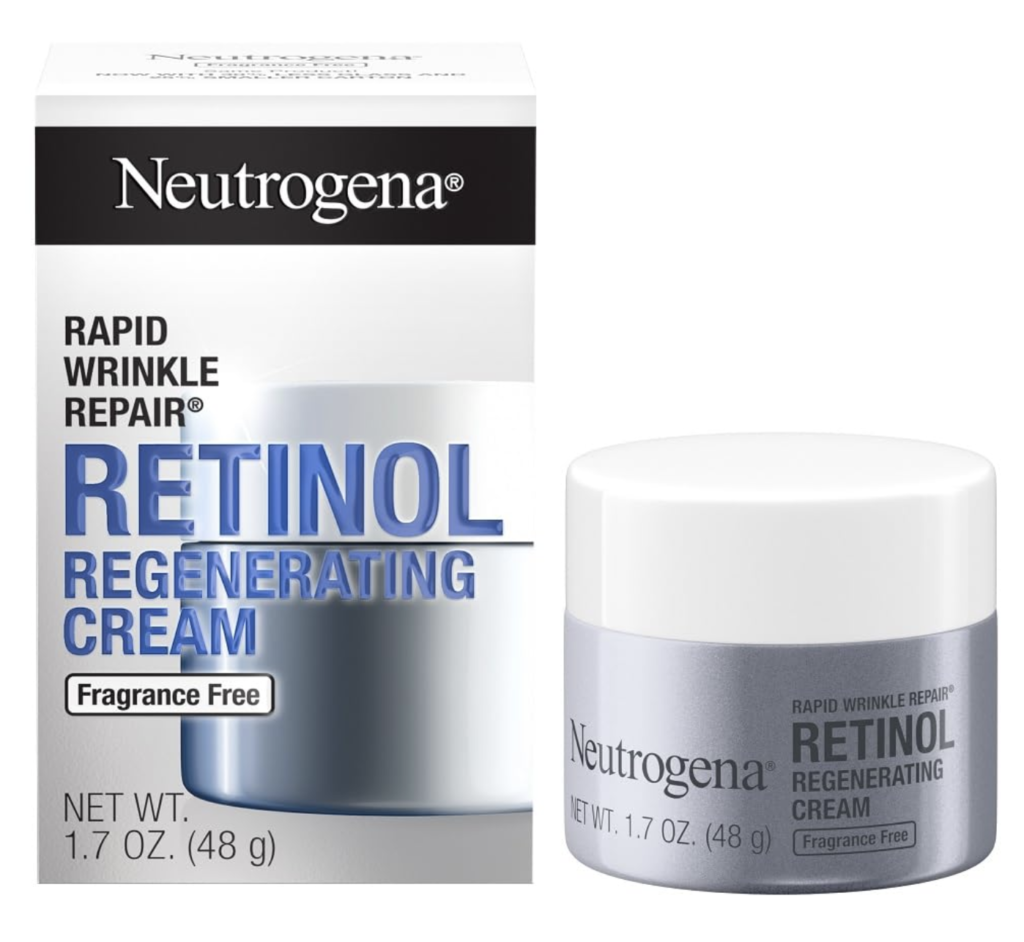
- It contains a unique combination of retinol SA, glucose complex, and hyaluronic acid to hydrate and rejuvenate the skin.
- The lightweight, fast-absorbing formula is suitable for daily use and can be layered under moisturizers and sunscreen.
- It’s fragrance-free, oil-free, and non-comedogenic, making it suitable for all skin types, including sensitive skin.
LilyAna Naturals Retinol Cream Moisturizer
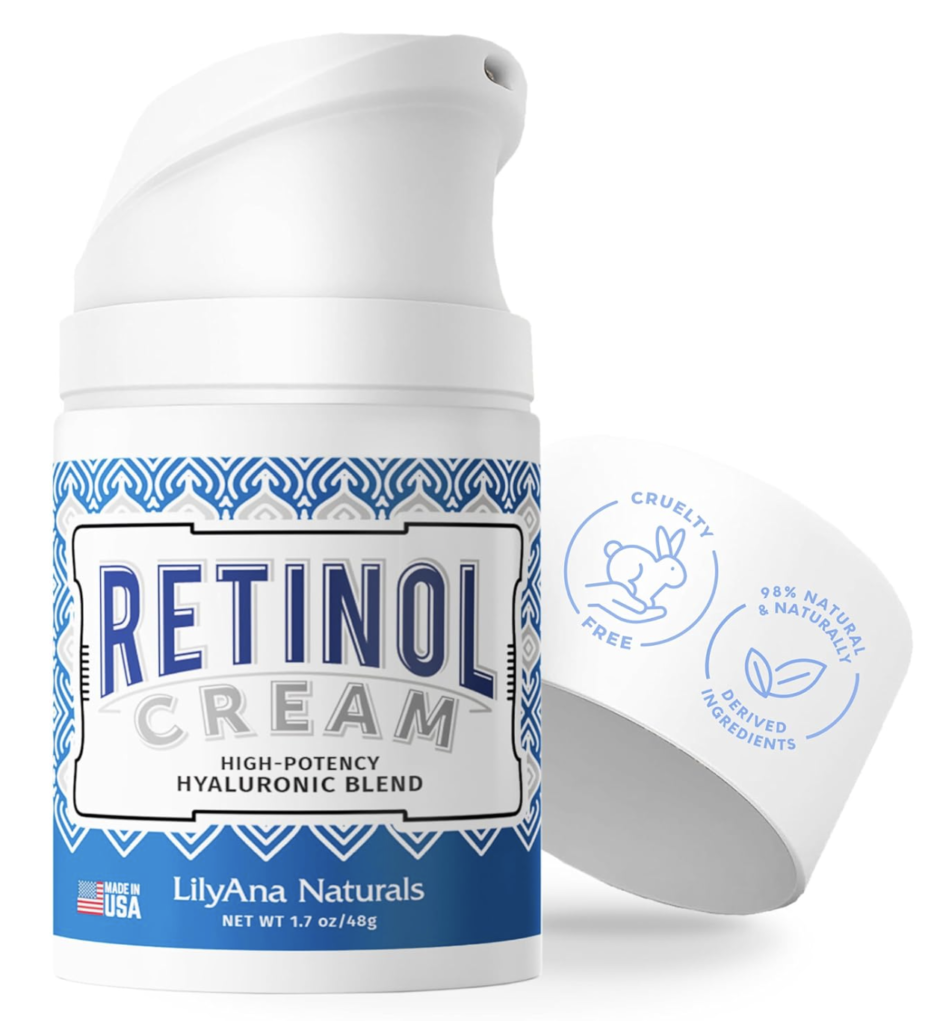
- This retinol cream moisturizer from LilyAna Naturals is formulated with a blend of retinol, hyaluronic acid, vitamin E, and green tea to hydrate and nourish the skin while reducing the appearance of wrinkles and fine lines.
- It’s gentle enough for daily use and can be used on the face, neck, and décolletage.
- The formula is cruelty-free, paraben-free, and non-toxic, making it suitable for all skin types, including sensitive skin.
Best Retinal Products on Amazon
Avene RetrinAL 0.1 Intensive Cream
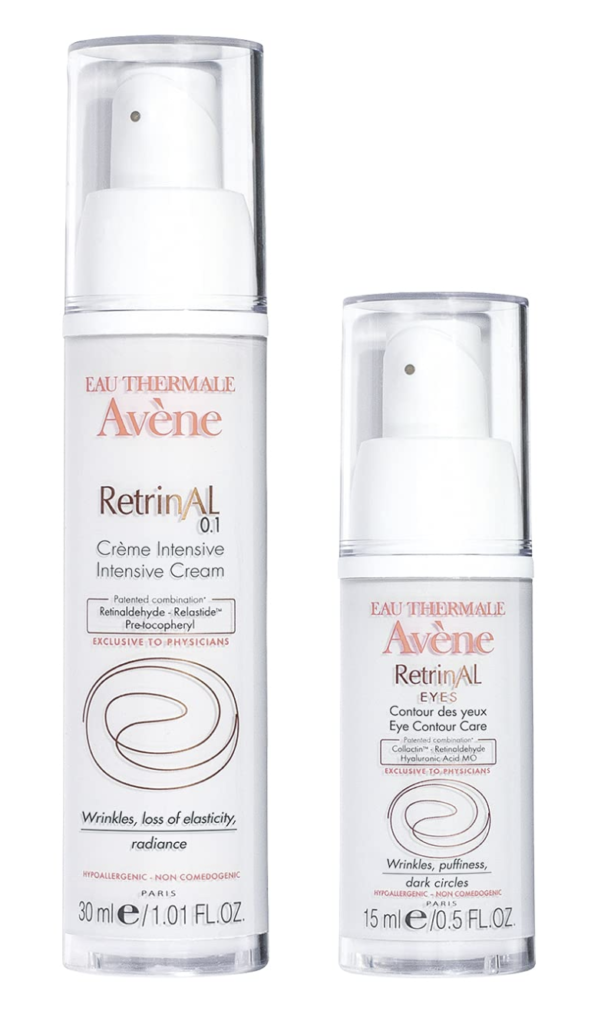
- This intensive cream from Avene contains retinaldehyde, a precursor to retinoic acid, which helps to reduce the appearance of fine lines, wrinkles, and uneven skin tone.
- It’s formulated with Avene’s signature thermal spring water to soothe and hydrate the skin, making it suitable for those with sensitive or reactive skin.
- The non-comedogenic formula is free from fragrances, parabens, and other potentially irritating ingredients.
- It’s recommended for use in the evening as part of a nighttime skincare routine.
Murad Retinal ReSculpt Eye Lift Treatment
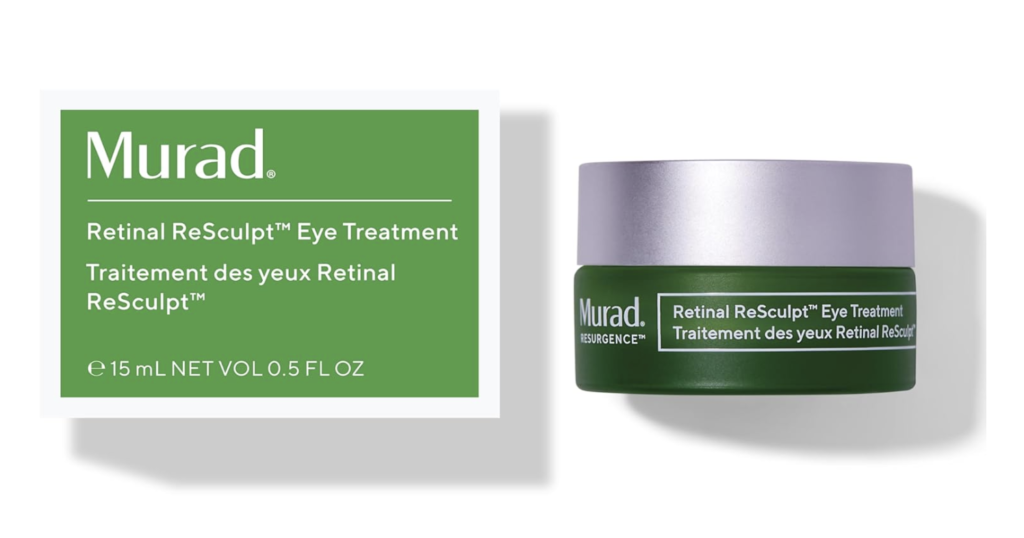
- It is designed to promote cell turnover, stimulate collagen production, and improve the overall texture and tone of the skin and under eyes.
- The lightweight, fast-absorbing formula is suitable for all skin types and can be used daily as part of a morning or evening skincare routine.
- It’s cruelty-free, gluten-free, and free from artificial fragrances and dyes.
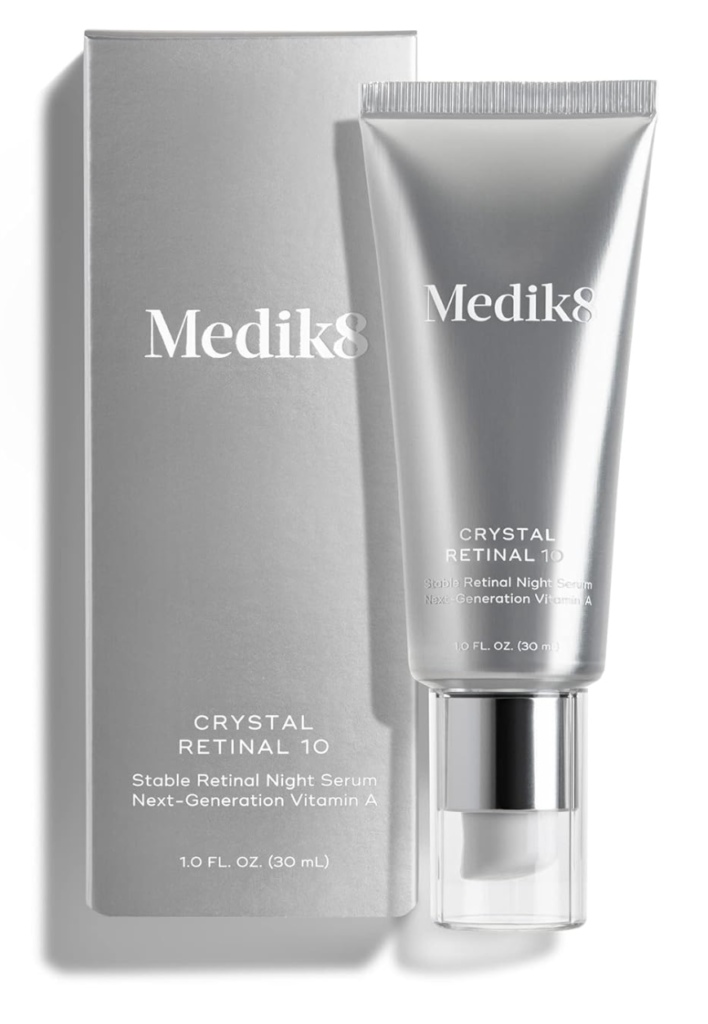
- It’s designed to reduce the appearance of dark spots, hyperpigmentation, and uneven skin tone while promoting a more radiant complexion.
- The formula is free from synthetic fragrances, dyes, and parabens, making it suitable for all skin types, including sensitive skin.
- It’s recommended for use in the evening as part of a nighttime skincare routine.
Side Effects of Using Retinol and Retinol
With the many benefits that both retinol and retinal can offer, it’s also important to be aware of their potential side effects, especially when used in high concentrations or by people with sensitive skin.
Here are some common side effects associated with retinal and retinol:
- Dryness and Irritation: One of the most common side effects of retinal and retinol is dryness, redness, and irritation of the skin. These ingredients work by increasing cell turnover, which can lead to flakiness and sensitivity, especially when first starting to use them or when using high concentrations.
- Peeling and Flaking: As retinal and retinol promote cell turnover, they can cause the outer layer of the skin to shed more rapidly than usual. This may result in peeling, flaking, or even mild exfoliation, particularly in areas where the skin is thin, such as around the eyes and mouth.
- Sensitivity to Sunlight: Retinal and retinol can make the skin more sensitive to sunlight, increasing the risk of sunburn and sun damage. It’s essential to use sunscreen daily and avoid prolonged sun exposure when using products containing these ingredients.
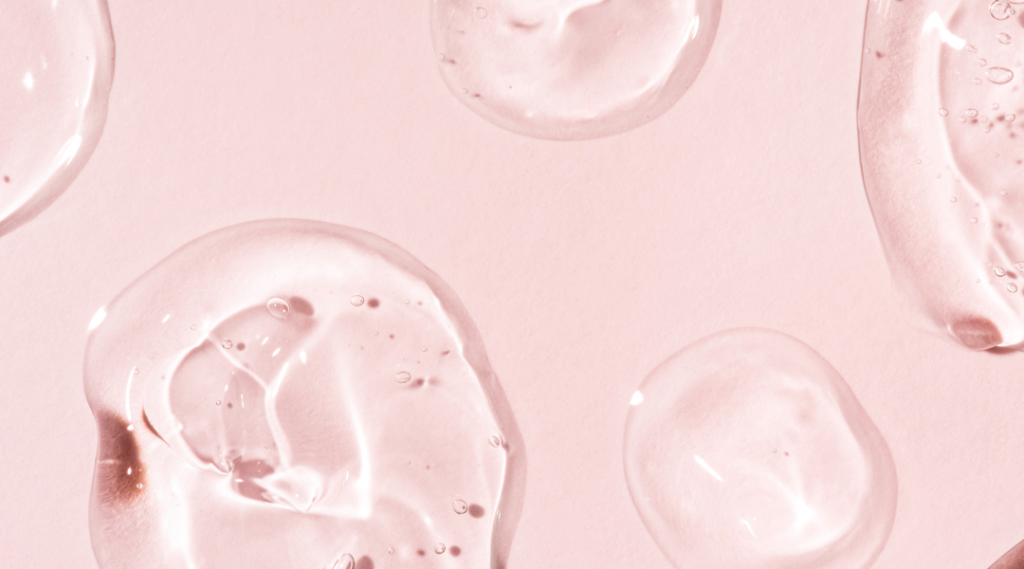
Bottom Line: Retinol vs. Retinal
Both retinol and retinal are forms of vitamin A that are commonly used in skincare products for their anti-aging benefits. Retinal is more potent and requires less conversion in the skin compared to retinol, but it may also be more irritating.
The choice between retinol and retinal depends on your own skin concerns, skin tolerance levels, and personal preferences.
With any new product you try out on your skin, it may be worth consulting with a dermatologist to see which retinoid would be the most suitable option for your skincare routine.